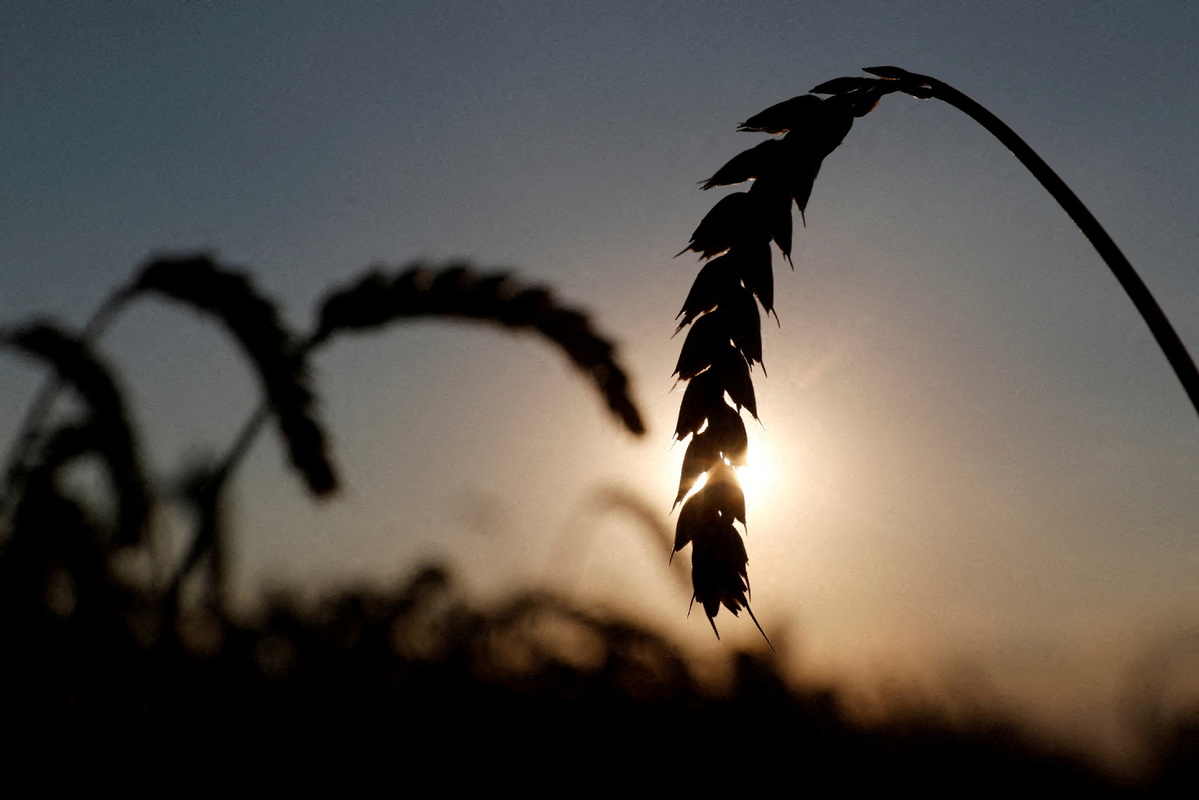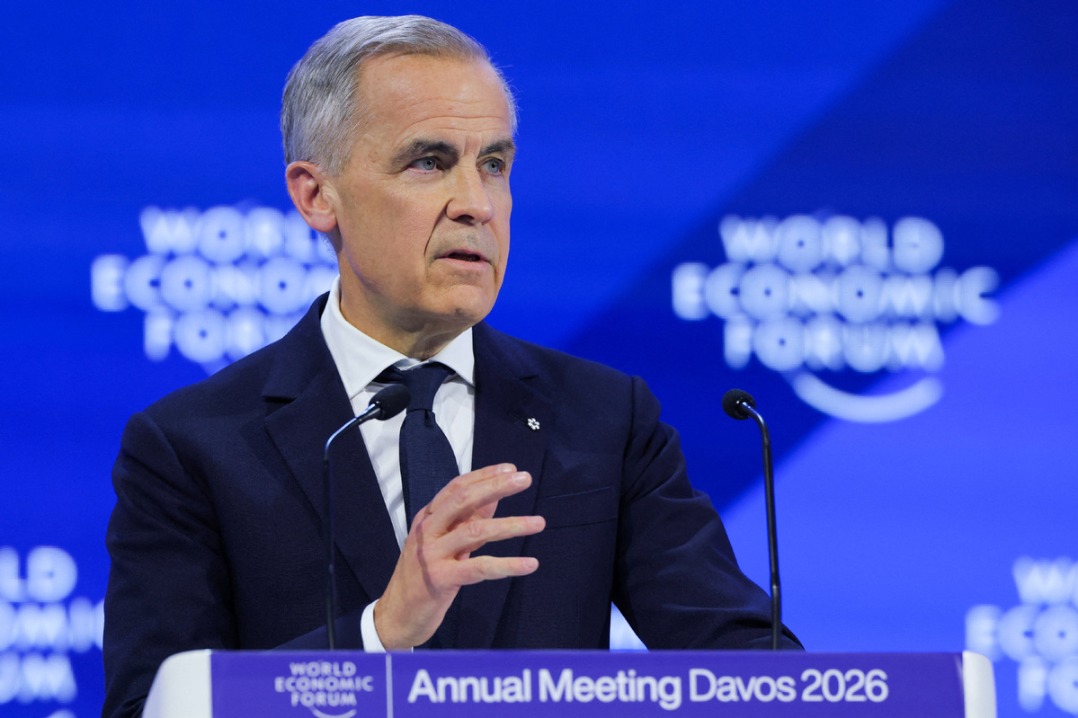Ukraine-Russia conflict a major threat to global food security


UN World Food Program Executive Director David Beasley has warned that the Russia-Ukraine conflict is "a catastrophe on top of a catastrophe" and would have an impact "beyond anything we've seen since World War II" on global food security.
Russia and Ukraine are the world's largest and fifth-largest wheat exporters, according to the UN Food and Agriculture Organization. Combined, they also provide 19 percent of the world's barley supply, and 4 percent of its maize. They account for more than one-third of global cereal exports.
Kyiv is looking for a solution to the problem of grain exports, which have become impossible due to Russia's blockade of Ukrainian ports.
Ukrainian Foreign Minister Dmitry Kuleba expressed reservations about NATO's ability to "open "the Black Sea to allow grain exports. Russia's Deputy Foreign Minister Andrey Rudenko said that Moscow is prepared to offer a humanitarian corridor for ships to leave safely.
In recent weeks, the problem of guaranteeing grain exports from Ukraine has been extensively debated on a number of international platforms.
Ukraine was known through history as the breadbasket of Europe. The conflict has left wheat planted months ago unharvested, while maize and sunflowers sown when the conflict broke out missed an application of badly needed fertilizers so they can mature. It is estimated that Ukraine's grain production may fall by more than 50 percent this season.
Russia is the lead producer of fertilizers, accounting for 13 percent of the world's production. Restrictions on Russian fertilizer exports due to US sanctions have led to a spike in global fertilizer prices, forcing farmers in Brazil, the United States and other major agricultural countries to reduce the use of fertilizer, which could affect future harvests.
The conflict between Russia and Ukraine has lasted more than 100 days and has shown no signs of abating. Talks between the two countries have frequently broken down.
"From the start of the military conflict, China has called for a quick resolution to it. Beijing has typically stood for everything good while opposing everything bad-a win-win position. They also support Ukraine resuming grain exports. Actually, Russia does not oppose it either," said Vasily Kashin, deputy director of the Center for Comprehensive European and International Studies in Moscow.
Given the economic weight of Russia and Ukraine in the world, especially in the production of energy and grains, the longer the crisis lasts, the harder it would be for the global economy to heal from its COVID-19 pandemic wounds.
Instead of keeping that in mind, United States-led Western countries were more busy sending shipments of lethal weapons to Ukraine and have imposed sanctions on Russia, risking the prolonged continuation of the conflict but leaving the world to foot the bill.
Food prices have reached an all-time high, as Russian and Ukrainian grain exports are hindered by port disruptions and Western sanctions. In some European countries, necessities such as flour, cooking oil and canned vegetables are sold in limited quantities. Other countries are left scrambling to secure grain and other supplies.
The Russian newspaper Izvestia reported that Turkey and Russia have a plan to open a corridor for grain exports from the port of Odessa.
The newspaper claimed a "road map" will be approved on June 8 and 9 during the visit of the heads of the Russian Foreign Ministry and the Ministry of Defense to Turkey. The Turkish parliament stressed that Ankara, the capital, is taking part in this operation because resolving the international food crisis is critical for the country.
Kashin said Moscow claims that grain exports from Ukraine are impossible by sea because Ukraine mined the waters near the ports and blocked several ships. Thus, resuming grain exports from Ukraine by sea necessitates ironing out a number of problems.
Solving the problem with the renewal of grain exports from Ukraine is also primarily important from a humanitarian point of view, PF Capital chief economist Evgeny Nadorshin said.
He said poor countries are the first to suffer in such a scenario. While wealthier states scoop up raw materials from the markets, the poor countries of Africa, Latin America, and Asia take notice and food shortages and famine may get worse in those regions, Nadorshin said.
Wheat is a staple food for over 35 percent of the world's population. Egypt, Turkey, Bangladesh, and Iran are the top global wheat importers, buying more than 60 percent of their wheat from Russia and Ukraine.
Some 50 countries are highly dependent on supplies from Russia and Ukraine, many of which are least developed or low-income, food-deficit countries in Africa and Asia, said UN Food and Agriculture Organization Director-General Qu Dongyu.































